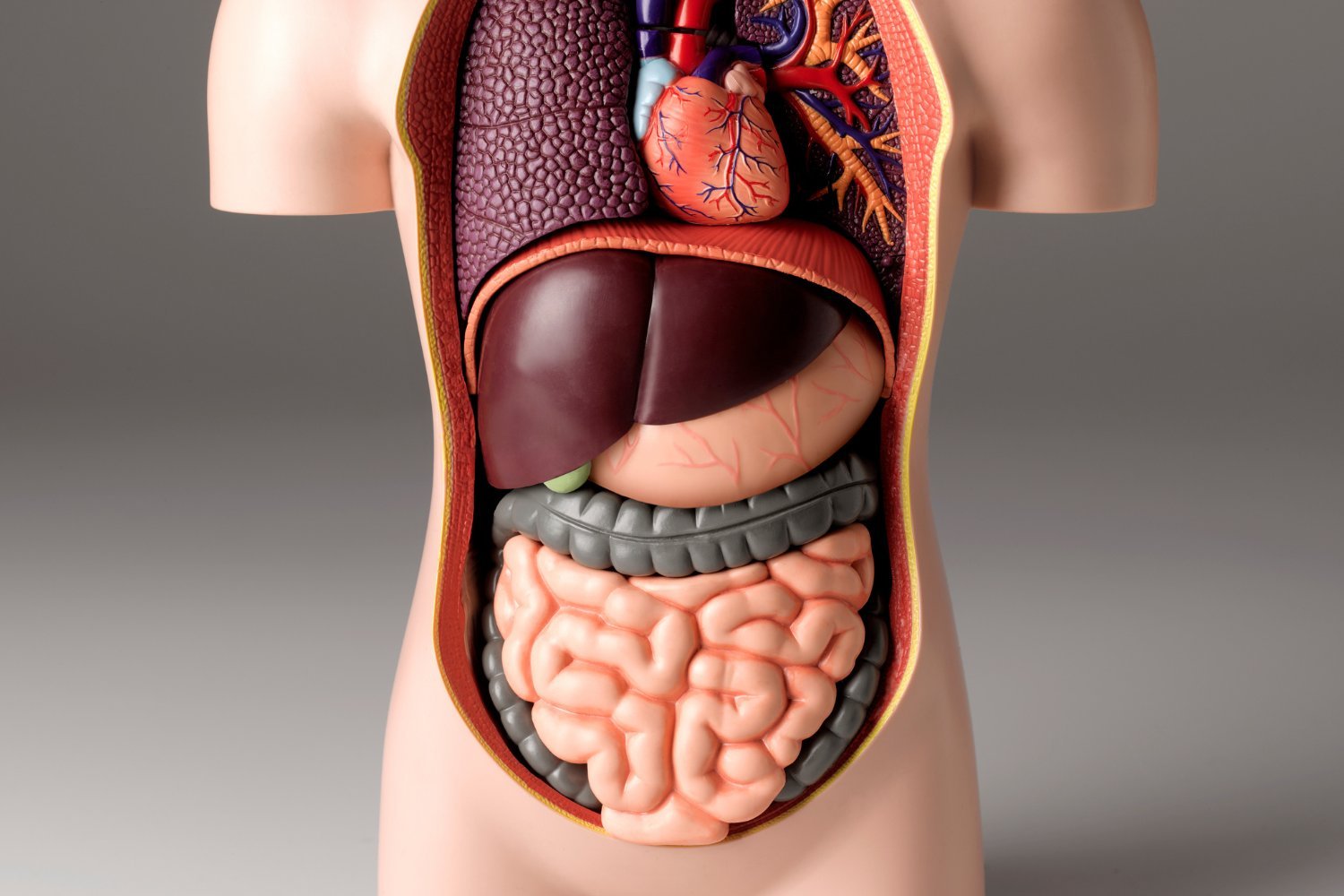GLP-1 medications like Ozempic and Wegovy are making headlines for their weight loss benefits, but how they work has been a topic of debate. New research reveals that these drugs may do more than just suppress appetite: they could significantly enhance the body’s ability to burn fat, particularly visceral fat.
A study published in the Journal of the Obesity Society sheds light on this intriguing mechanism. While it’s known that GLP-1 drugs reduce hunger and calorie intake, researchers in Ireland sought to explore their impact on fat metabolism. Earlier studies in mice suggested that these drugs increased the animals’ capacity to burn stored visceral fat, the type of fat surrounding abdominal organs and linked to various health problems.
To investigate this further in humans, researchers conducted a small randomized controlled trial involving 30 patients with obesity and obstructive sleep apnea (OSA). OSA is often associated with increased visceral fat inflammation, making this group a relevant target for the study. Participants were divided into three groups: one receiving continuous positive airway pressure (CPAP) therapy, a standard OSA treatment; another receiving liraglutide, a GLP-1 drug used for type 2 diabetes and obesity; and the third receiving both liraglutide and CPAP. PET-CT scans were performed before and six months after treatment to measure changes in visceral fat metabolism.
The results revealed a significant increase in visceral fat burning ability among patients treated with liraglutide compared to the control group. Notably, those with lower initial visceral fat metabolism demonstrated the most substantial response to GLP-1 therapy, and greater increases in metabolism correlated with more significant overall weight loss.
“It always seemed overly simplistic to me that these new treatments were just making people eat less,” said study researcher Donal O’Shea, an endocrinologist at University College Dublin and St Vincent’s University Hospital Dublin. “So this study finding is an exciting step forward in our understanding of how these new medicines for obesity work.”
While this study provides compelling evidence, the researchers acknowledge it’s a proof-of-concept and requires further investigation. Additionally, liraglutide is an older GLP-1 medication, and newer drugs like semaglutide (Ozempic/Wegovy) and tirzepatide (Mounjaro/Zepbound) have demonstrated even greater weight loss efficacy in clinical trials, with average losses reaching 15% to 20% of body weight. This raises the possibility that these newer medications may be even more potent in boosting fat burning, a question that warrants further exploration by researchers and pharmaceutical companies.
“Safe medical treatment for obesity is still in its infancy and we need to understand fully how the treatment works. Understanding how these agents increase energy burn should be an important part of future research,” O’Shea emphasized.











